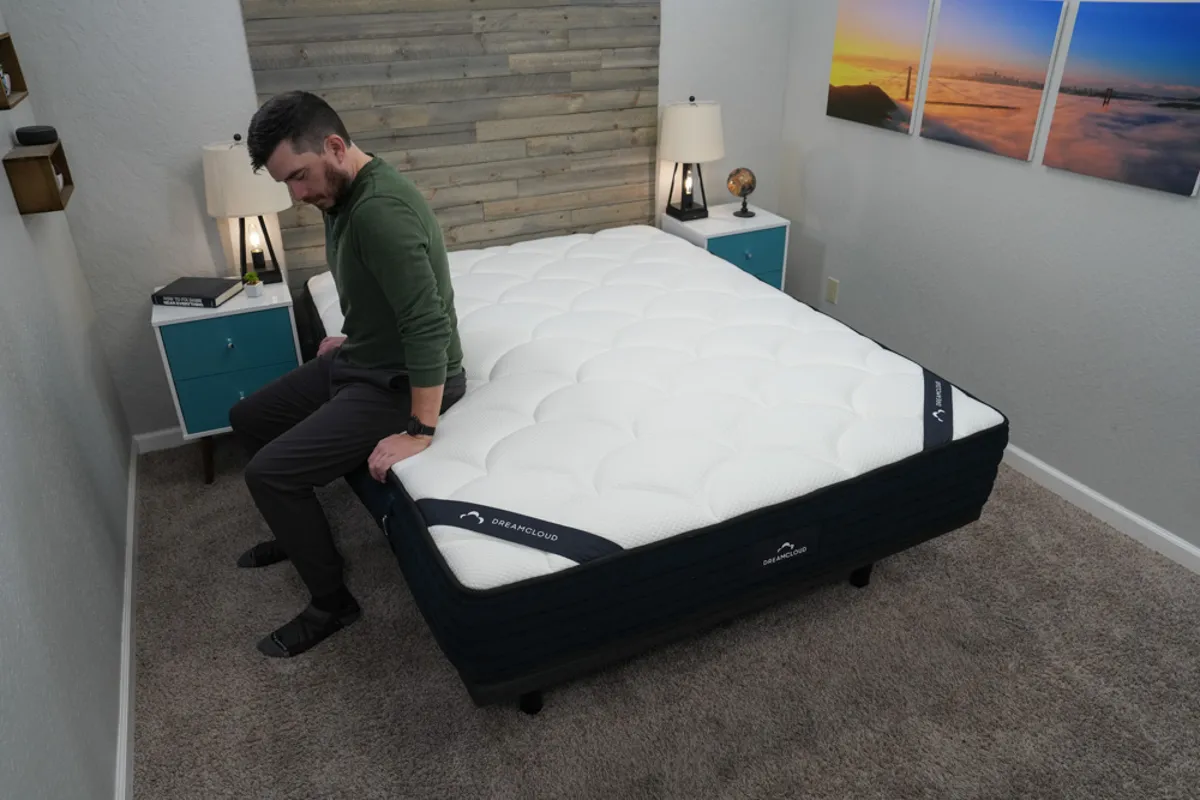For long-haul truck drivers, sleep isn’t a luxury—it’s a necessity. Driving for hours on end demands focus, energy, and alertness, which only come from real rest. And while the road may be unpredictable, the quality of your sleep doesn’t have to be. That’s why choosing the right mattress for your sleeper cab is one of the most important decisions you can make for your health and performance.
But with so many types, sizes, and materials on the market, how do you find a mattress that checks every box—comfort, durability, and fit? Let’s break it down.
1. Understand the Role of a Good Mattress
Truckers spend hundreds of nights a year sleeping in their cab. A subpar mattress can lead to back pain, poor posture, and interrupted sleep—ultimately impacting your driving safety and long-term health. The right mattress not only helps your body recover but also turns your sleeper cab into a restful, personal space.
2. Measure Your Sleeper Cab First
Before browsing mattress options, measure your cab’s bed platform. Common semi truck mattress sizes include:
- 28″ x 75″
- 32″ x 79″
- 36″ x 80″
- 42″ x 80″
- 48″ x 75″
Be sure to measure length, width, and height. Also consider how much space you’ll have to maneuver the mattress through the cab door.
3. Choose the Right Mattress Type for Your Needs
There are three main types of mattresses suitable for truckers:
- Memory Foam: Conforms to your body and reduces pressure points. Great for side sleepers or those with joint pain.
- Innerspring: Traditional, bouncy support with better airflow. Good for those who prefer firmer support.
- Hybrid: Combines foam and coils. Offers balance between contouring and firmness.
If you’re a light sleeper or have back problems, memory foam or hybrid mattresses are often the better choice.
4. Think About Temperature Control and Breathability
Truck cabs can get warm—especially when parked under the sun for hours. A mattress that retains heat can make sleep uncomfortable. Look for features like:
- Gel-infused foam for cooling
- Breathable covers
- Ventilation channels
These help regulate temperature and prevent overheating during rest stops.
5. Durability for the Road
A truck mattress must endure constant use, bending, temperature changes, and vibration. Choose one with:
- High-density foam or durable coil structures
- Reinforced seams and stitching
- Anti-sag technology
Mattresses made for residential use often wear out faster in mobile environments.
6. Choose a Brand That Designs for Truckers
Generic mattresses may work temporarily, but long-haul drivers need bedding engineered for the unique challenges of life on the road. Look for a brand that specializes in truck comfort.
Products like the Jakes Cab Solutions semi truck mattress are made specifically for sleeper cabs, offering a tailored fit, premium comfort materials, and rugged construction designed to last through cross-country journeys. They’re engineered with the driver in mind—ensuring restful nights even in the middle of a busy route.
7. Portability and Setup
Think about how easily you can handle and install the mattress. Some models come compressed and rolled for easier delivery and setup. A lightweight yet durable option makes it easier to clean beneath or rotate as needed.
Conclusion
Choosing the best mattress for long-haul comfort isn’t just about luxury—it’s about health, safety, and quality of life. A restful night leads to sharper focus, better driving performance, and a more positive experience on the road.




